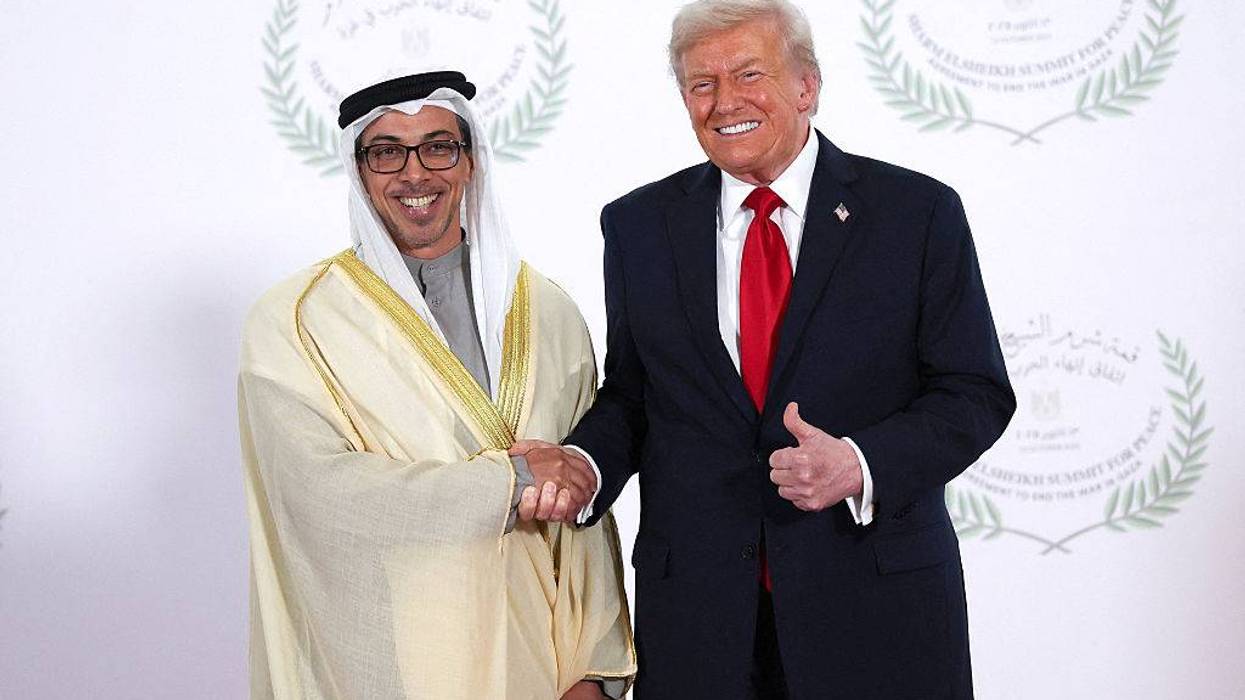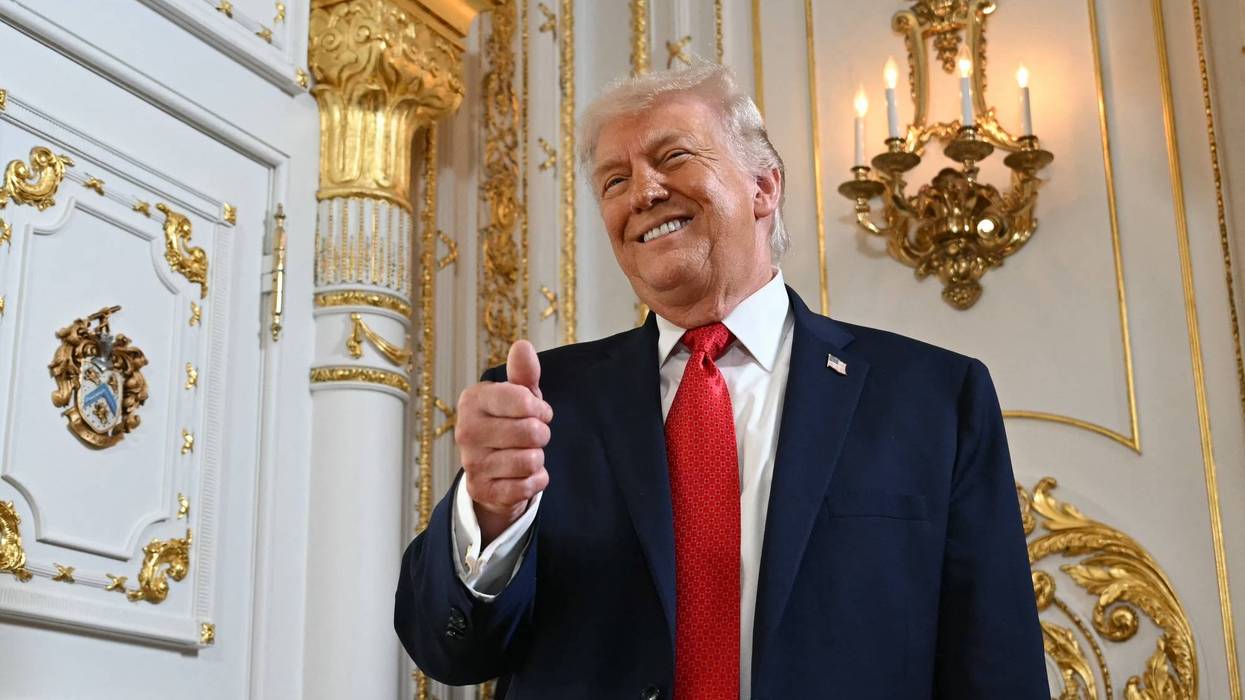"President Trump has never been a man to ask what he can do for his country. In his second term, as in his first, he is instead testing the limits of what his country can do for him," the board wrote. "He has poured his energy and creativity into the exploitation of the presidency—into finding out just how much money people, corporations, and other nations are willing to put into his pockets in hopes of bending the power of the government to the service of their interests."
Relying on a series of previous analyses from other news organizations, the Times notes several of Trump's key streams of income.
As has been widely documented, most comprehensively by Reuters in October, by far Trump's largest source of income has been his family's investment in cryptocurrencies, which has generated at least $867 million in new wealth for the family. Other investigations suggest the true number could be several billion when accounting for unreported assets and gains that have not yet been realized.
"People who hope to influence federal policy, including foreigners, can buy his family’s coins, effectively transferring money to the Trumps, and the deals are often secret," the Times board wrote.
It noted one particularly brazen transaction earlier this year, when an investment company owned by a member of the United Arab Emirates' (UAE) ruling family dumped $2 billion into the Trump family's crypto startup World Liberty Financial, just two weeks before the White House announced that the UAE would be given access to hundreds of thousands of the world's most advanced computer chips.
Inking real-estate deals has been another tool nations have used to buy influence with Trump. The Times cites a report from the watchdog group Citizens for Responsibility and Ethics (CREW), showing that the Trump Organization and its partners were planning at least 22 "Trump-branded projects around the globe" over the course of his presidency, including through hotels and golf courses in India, Oman, Saudi Arabia, the UAE, Indonesia, and other nations eager to be in the US government's good graces.
In all, since his reelection, the Times calculated that Trump has reaped at least $23 million from licensing his name overseas, at times culminating in the appearance of blatant pay-for-play. In one instance, "the administration agreed to lower its threatened tariffs on Vietnam about a month after a Trump Organization project broke ground on a $1.5 billion golf complex outside of Hanoi. Vietnamese officials ignored their own laws to fast-track the project."
Another CREW analysis from July found that Trump visits his own properties roughly “every other day”—much more frequently than in his previous term—and that many foreign government officials have traveled to these sites to curry favor with the president.
Trump also infamously accepted a $400 million jet, described as a “flying palace,” from the Qatari government. He plans to use the plane as Air Force One during his presidency and transfer it to his presidential library after leaving office. Shortly after receiving the jet, he pledged to “protect” Qatar and announced lucrative new military and economic partnerships with the country.
Elsewhere, Amazon spent $40 million on a documentary about First Lady Melania Trump, $28 million of which will be given directly to the first lady, which the Times said is far more than has been paid for similar projects. The company's CEO, Jeff Bezos, has critically lobbied the administration for favorable treatment regarding antitrust and defense contracts, and has seen his own wealth soar by nearly $9 billion over the past year.
But Trump’s income from media and tech companies has more commonly arrived in the form of shakedowns. He has made an estimated $90.5 million from settlements from X (formerly Twitter), ABC News, Meta, YouTube, and Paramount since his reelection, none of which, the Times argues, “were justified on the merits.”
"Mr. Trump’s hunger for wealth is brazen," the editorial board wrote. "Throughout the nation’s history, presidents of both parties have taken care to avoid even the appearance of profiting from public service. This president gleefully squeezes American corporations, flaunts gifts from foreign governments, and celebrates the rapid growth of his own fortune."
The report of Trump's looting of the presidency comes as roughly 1.3 million Americans are expected to lose health insurance coverage in 2026 due to Republican cuts to Medicaid and other assistance programs, while more than 20 million are expected to pay higher insurance premiums after the GOP allowed Affordable Care Act subsidies to expire last year. Roughly 1.5 million have already dropped their health coverage this year, according to a report last week from CNBC.
Meanwhile, about 4 million low-income people—including 1 million children—are expected to see their access to food assistance either substantially reduced or totally lost in the coming years due to Republican cuts to the Supplemental Nutrition Assistance Program.
While “Drain the Swamp” has remained one of Trump’s signature phrases, portraying the president as a crusader against endemic corruption in Washington, Times columnist Nick Kristof wrote, in the wake of his paper's new report, that under Trump’s watch, “the swamp has never been so fetid.”


